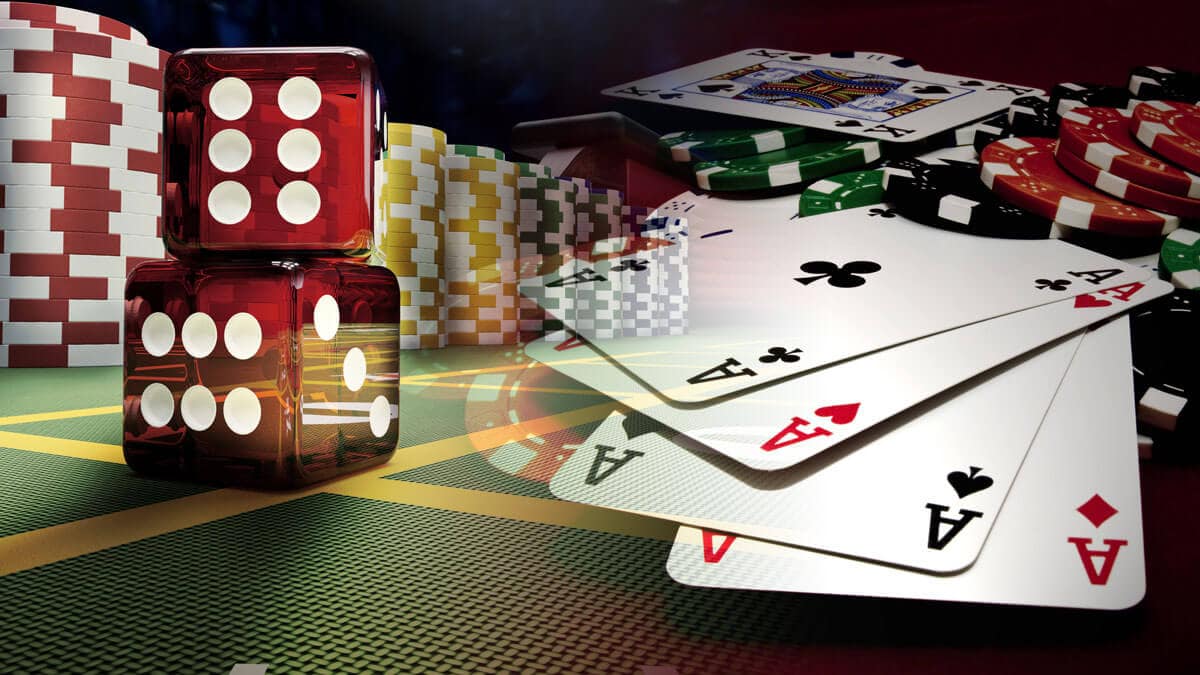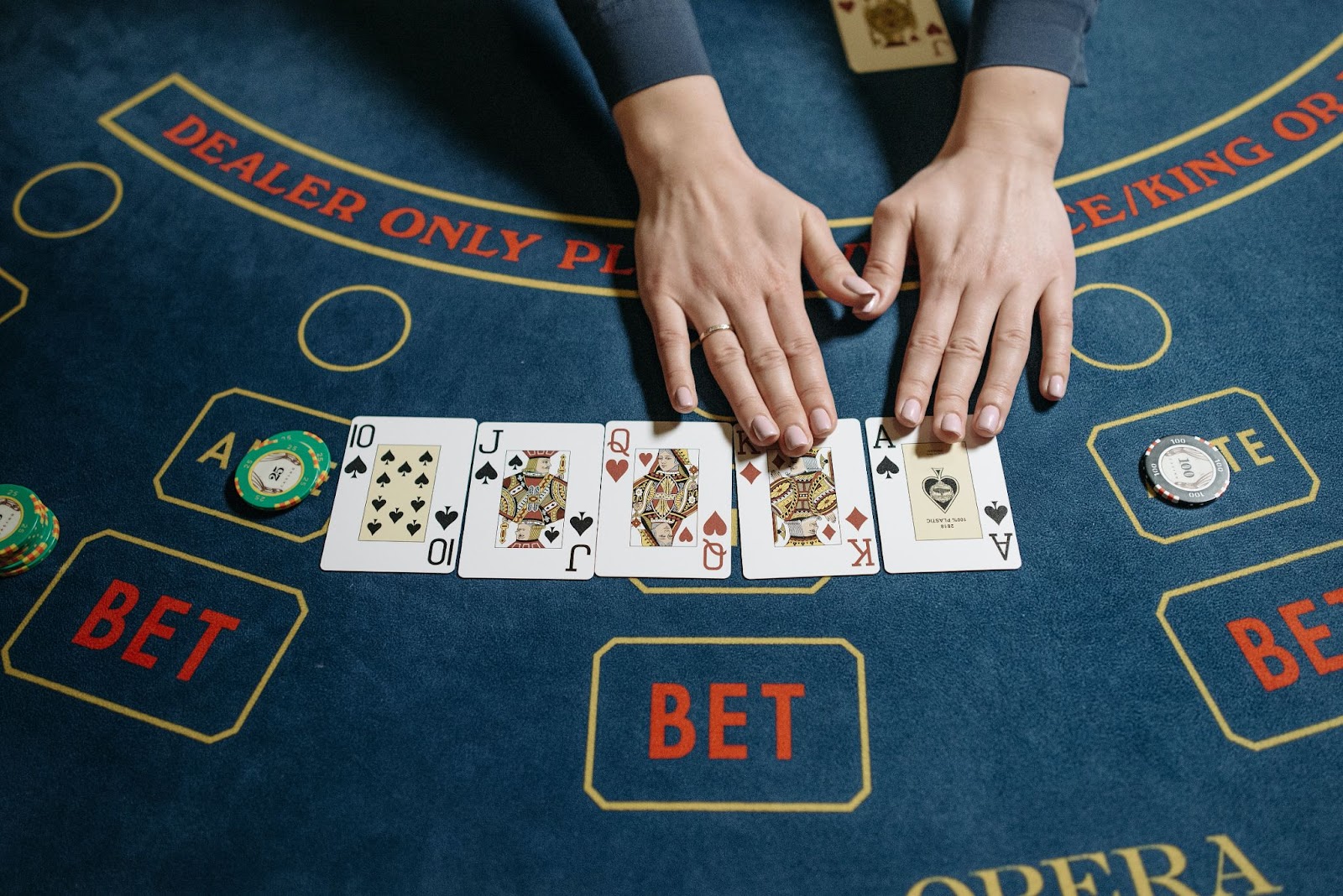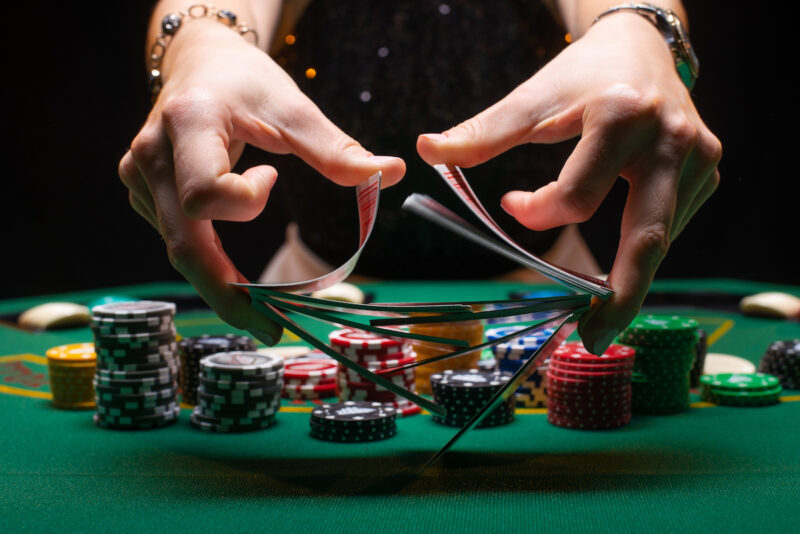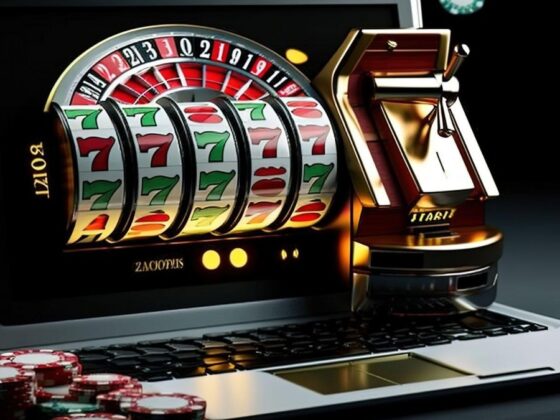Gambling strategies have been around for as long as gambling itself. From card counting in blackjack to the Martingale betting system in roulette, players have always sought ways to gain an edge over the house. However, the truth is that most of these strategies are ultimately useless. Despite this fact, gamblers continue to use them in the hopes of beating the odds and coming out on top. In this article, we will explore why most gambling strategies are ineffective and why players still cling to them in a never-ending quest for the perfect formula to win.
The Illusion of Control: Why Most Gambling Strategies Are Useless

Many gamblers fall into the trap of believing that they can control the outcome of games through different strategies and systems, but in reality, the illusion of control is just that – an illusion. The truth is that most gambling strategies are useless when it comes to predicting or influencing outcomes. Whether its the Martingale system in roulette, card counting in blackjack, or patterns in slot machines, the idea that you can beat the odds is often misguided.
While its true that some strategies can help minimize losses or maximize wins in the short term, the long-term results are ultimately determined by luck and chance. Despite this knowledge, many gamblers continue to cling to these strategies in the hopes of gaining an edge, demonstrating the power of the illusion of control in the world of gambling.
How Cognitive Biases Lead Us to Believe in Ineffective Gambling Strategies

Cognitive biases can often lead us down the rabbit hole of believing in ineffective gambling strategies, despite evidence to the contrary. These biases, such as the gamblers fallacy or the illusion of control, can cloud our judgement and make us more susceptible to falling for strategies that are ultimately doomed to fail.
Whether its a belief in lucky numbers or a wagering system that promises to beat the odds, our brains are wired to seek patterns and meaning in randomness, even when such patterns dont actually exist.
This tendency can be exploited by casinos and other gambling establishments, who capitalize on our irrational beliefs to keep us coming back for more, despite the slim chances of success. In the end, the allure of easy money and the thrill of the game often override our rational decision-making processes, leading us to continue down the path of ineffective gambling strategies.
The Myth of Guaranteed Success: Why You Still Try Gambling Strategies

Many gamblers are lured into believing in the myth of guaranteed success when using gambling strategies, despite the fact that most strategies are ultimately useless. The allure of finding a secret formula or system that will guarantee wins can be overwhelmingly tempting, leading many to try out different strategies in hopes of striking it rich.
However, the truth is that gambling is inherently unpredictable and relies heavily on luck. While some strategies may seem to work in the short term, in the long run, the house always has the advantage. Despite this, gamblers will continue to search for strategies and systems to beat the odds, driven by the hope of a big payday.
Conclusion
In conclusion, it is evident that most gambling strategies are ultimately ineffective and unable to guarantee success in the long run. Despite this knowledge, many individuals continue to rely on these strategies in the hopes of turning a profit. The allure of easy money and the thrill of the game often outweigh logic and reason, leading people to try whatever tactics they can to beat the odds.
However, it is essential to remember that gambling is fundamentally a game of chance, and no strategy can change that fact. Instead of relying on unproven strategies, it is crucial to approach gambling responsibly and with a clear understanding of the risks involved.
As tempting as it may be to believe in a foolproof system, the reality remains that the house always has the advantage. So, while you may still try out different strategies, including those offered by raja slot machines, its important to do so with a healthy dose of skepticism and realism.


